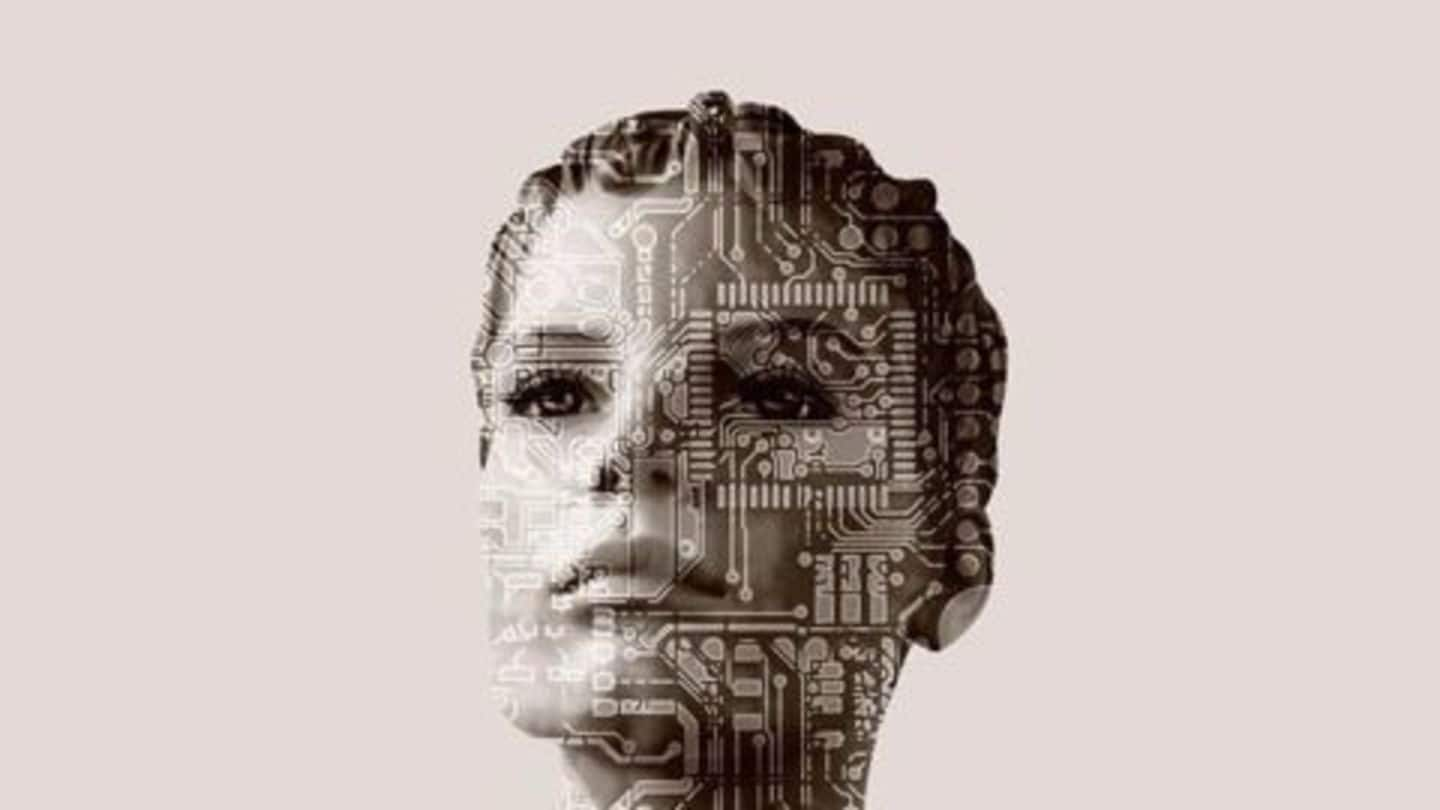
Computers are not emotionally intelligent? Think again
What's the story
While popular opinion holds that computers are incapable of being emotionally intelligent, evidence suggests that new technology might already have a higher emotional intelligence (EQ) than human beings.
Surprisingly, however, it is precisely the lack of emotions in computers that enables them to be better at reading emotions than human beings.
We take a look at some sectors where such technology is being used.
Quote
Understanding emotional intelligence (EQ)
Dr. Tomas Chamorro-Premuzic, a psychology professor at University College London, said, "In fact, even in humans, high EQ is associated with low rather than high emotionality. [High EQ] is about controlling one's impulses and inhibiting strong emotions in order to act rationally and minimize emotional-interference."
EQ in computers
How have computers become emotionally intelligent?
In the field of affective computing, which develops systems that can recognize, interpret and simulate human emotions, technological breakthroughs have enabled sensors and other devices to excel at observing and interpreting facial expressions, body posture, speech, gestures and physical states of humans to understand their emotions.
With such technology already in use, computing is gradually augmenting and improving on human emotional intelligence.
Management
Use of emotionally intelligent computers in management
In high pressure environments like Wall Street, where fortunes rise and fall on one decision, emotional states of employees can be used to determine whether they are likely to make mistakes.
Consequently, big banks like JPMorgan Chase and Bank of America are partnering with tech companies like Humanyze to acquire sensor-laden employee badges which can be used to guide employees by assessing their emotions.
Customer care
Computers to aid customers and agents alike
Companies like Cogito have come up with "real-time emotional intelligence" technologies which analyze conversational dynamics and speaking patterns.
This technology enables supervisors to guide call centre agents to adjust to the emotional state detected in the customer and speak accordingly with empathy, confidence, professionalism and efficiency.
Cogito's analytics provide insight into customers' experiences and agents' behaviour on every call, thus allowing for future improvements.
Law enforcement
Use of emotionally intelligent computers in law enforcement
A company called Nuralogix, combining machine learning AI and Transdermal Optical Imaging, has created a technology which assesses blood flow to a human's face to reveal hidden emotions.
Along the same lines, MIT researchers announced a device called EQ-Radio, which, they claim, can assess a human's emotions at any given moment with an accuracy of 87%.
These technologies will soon replace polygraph lie detectors.
Autonomous cars
Computers that sense on-board discomfort
While "self-driving" autonomous vehicles are programmed to follow traffic rules and regulations, there are other concerns.
A start-up called BARIQ is teaching a autonomous vehicles to read its passengers' comfort levels through in-cabin sensors and drive accordingly.
Another start-up called Drive.ai has created a deep learning AI for autonomous vehicles which is able to signal its intentions to humans through movement, lights and sounds.